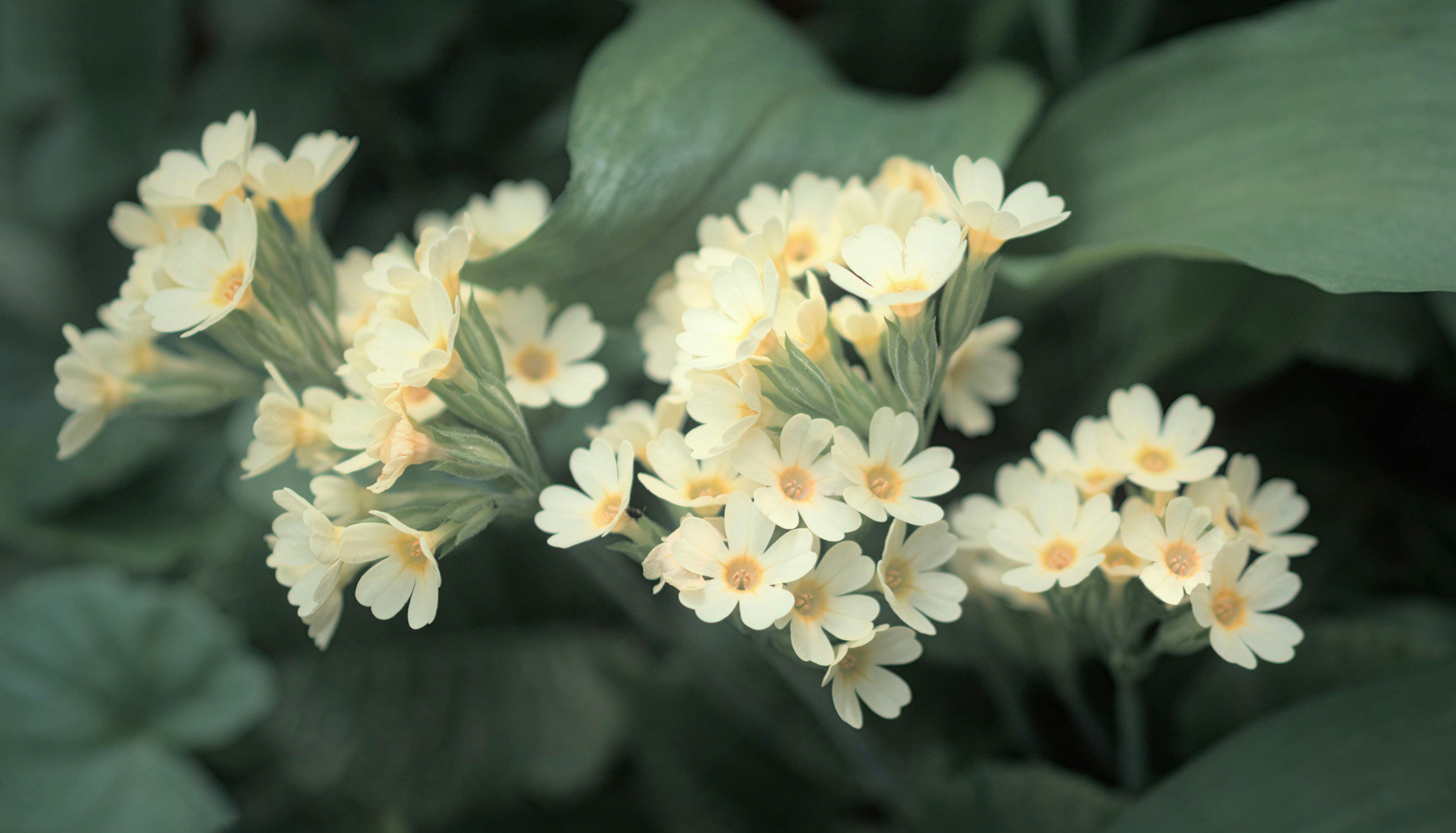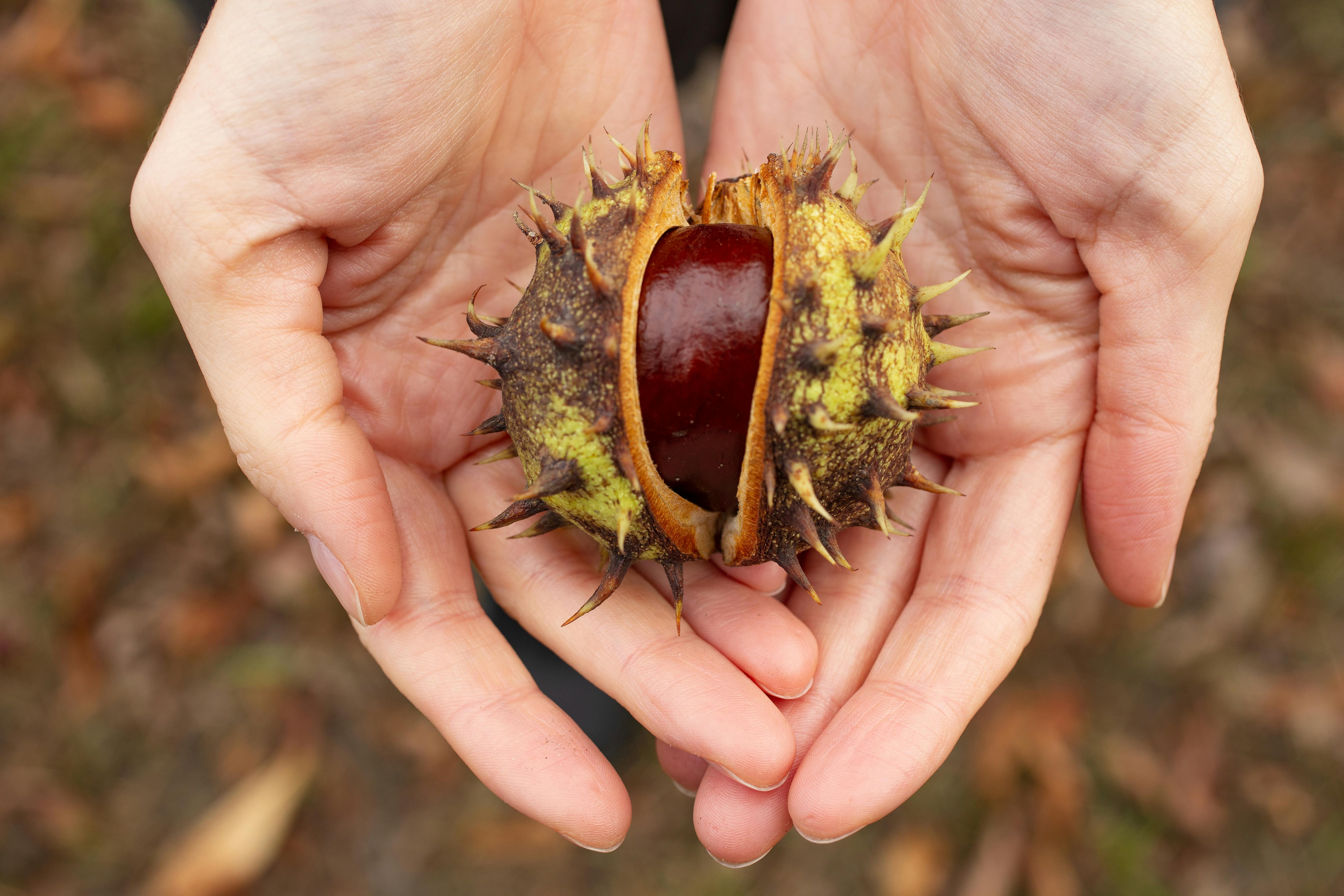Everything You Need to Know About Mr. Gardener
Understanding the Concept of a Mr. Gardener
A “Mr. Gardener” refers to an expert or guide in the field of gardening. This term often embodies the essence of knowledgeable gardening tips, plant care advice, and landscape management. Whether you are a novice looking to grow your first plant or an accomplished gardener seeking advanced techniques, understanding the role of a Mr. Gardener can greatly benefit your gardening endeavors. From selecting the right plants to managing soil health, a Mr. Gardener provides valuable insights and support to help your garden flourish.

Importance of Gardening Advice from Experts
Gardening can be a fulfilling but complex task. Gaining insights from a Mr. Gardener can enhance your gardening experience significantly. For example, expert advice on soil composition can lead to healthier plants and more abundant harvests. Engaging with a Mr. Gardener allows you to learn about climate factors affecting plant growth, pest management strategies, and organic gardening practices. Each piece of knowledgeable advice can assist you in avoiding common gardening mistakes and help improve your overall success rate in cultivating plants.
Practical Tips from a Mr. Gardener
When learning from a Mr. Gardener, it’s essential to focus on practical tips that will improve your gardening skills. Here’s a step-by-step guide to starting your garden: First, select a suitable location that receives ample sunlight. Next, prepare the soil by mixing in compost, which adds vital nutrients. Once the soil is ready, choose plants that are well-suited to your climate. Don’t forget to water them properly and keep an eye out for pests. Lastly, continually educate yourself on the needs of your plants, as this will ensure long-term success in your gardening journey.
Key Skills of a Mr. Gardener
A proficient Mr. Gardener possesses various skills essential for effective gardening management. These include plant identification, pest control knowledge, and landscape design principles. Learning these skills can help anyone transform their garden into a thriving environment. The breadth of knowledge a Mr. Gardener brings not only aids in plant care but also promotes ecological balance in the garden. Understanding the interdependence of different plant species and wildlife allows a gardener to create a harmonious garden atmosphere.

Plant Identification Techniques
Identifying plants is a critical skill for any Mr. Gardener. Mastery of this skill encompasses understanding plant families and their characteristics. To get started, consider using gardening apps or field guides, which can significantly ease the process. Observe plant features such as leaf shape, flower color, and growing conditions to help narrow down identification. An experienced gardener will also familiarize themselves with native plants, as understanding their characteristics promotes biodiversity in the garden.
Pest Management Strategies
Effective pest management is another important skill that a Mr. Gardener should develop. It’s essential to distinguish between harmful pests and beneficial insects. Integrated pest management (IPM) approaches include monitoring pest populations, implementing natural pest control methods, and maintaining diverse plant selections to deter various pests. Learning about common pests and their lifecycle can empower gardeners to devise precautionary measures against infestations, ensuring plants can thrive without heavy reliance on chemical interventions.
Gardening Tools Commonly Used by Mr. Gardeners
Utilizing the right tools is indispensable for improving gardening practices. A Mr. Gardener typically utilizes a variety of tools to facilitate gardening tasks effectively. From basic hand tools like trowels and pruners to electric tools such as tillers and hedge trimmers, having the right tools decreases the effort required for various gardening tasks. Investing in high-quality tools greatly benefits not only the gardener’s experience but also the plants’ health.
Essential Tools for Every Gardener
Every gardener should have specific essential tools that aid in their gardening efforts. These include a sturdy garden shovel for digging, hand pruners for trimming, and a hoe for soil preparation. A watering can or garden hose ensures efficient watering practices. Depending on the garden size, larger equipment like a lawnmower or rototiller becomes crucial. Utilization of these essential tools simplifies everyday gardening chores, allowing gardeners to focus more on plant care.
Choosing the Right Equipment for Specific Tasks
Choosing the appropriate equipment for specific gardening tasks can greatly enhance productivity. For instance, when planting in deeply tilled soil, a long-handled spade might be preferable, while delicate plants may require specialized tools like dibbers that create neat holes for seeds. Understanding the unique functionality of each tool allows a Mr. Gardener to make informed decisions on what to utilize for various tasks, ensuring effective and enjoyable gardening experiences.
Building a Resilient Garden with Mr. Gardener
Building a resilient garden is vital for sustaining long-term growth and beauty. A knowledgeable Mr. Gardener emphasizes the importance of understanding local environmental conditions and selecting plant varieties resistant to local pests and diseases. Employing sustainable practices, such as composting and crop rotation, further enhances garden resilience. By focusing on diverse planting strategies and maintaining healthy soil, gardeners can create an adaptable garden capable of thriving amid changing conditions.
Implementing Sustainable Gardening Practices
Sustainable gardening involves utilizing practices that are environmentally friendly while ensuring plant health. Some practices include using organic fertilizers, composting kitchen waste, and minimizing water usage through efficient irrigation systems. Additionally, employing cover crops can improve soil quality and reduce weed growth. Engaging with these sustainable techniques transforms your garden into an eco-friendly space that nurtures plants without harming the environment.
Adapting to Local Climate Conditions
Understanding your local climate is pivotal for successful gardening. A Mr. Gardener should assess local weather patterns, soil types, and native plant species to identify what will thrive in specific conditions. Utilizing tools like growing degree day calculators can help gauge plant development phases. By tailoring your gardening approach to local climate factors, you’ll optimize plant growth and health, ensuring bountiful yields and vibrant flowers.
Key Takeaways
- Engaging in gardening with a Mr. Gardener can significantly improve your knowledge and skills.
- Understanding essential gardening tools promotes efficiency and productivity.
- Implementing sustainable practices contributes to a resilient gardening ecosystem.
- Adaptation to local climate conditions is key to ensuring plant health.
- Continuous education and practice are paramount in the journey of gardening.
FAQ
1. What initial steps should I take to start my garden with Mr. Gardener?
To begin your gardening journey, first, choose the right location for your garden that has plenty of sunlight. Next, prepare the soil by loosening it and adding compost for nutrients. Once the ground is ready, select plants suitable for your region. Finally, allocate time for proper watering and maintenance to ensure healthy growth.
2. How can I identify pests in my garden effectively?
To identify pests, consistently monitor your plants for any unusual signs, such as discoloration or damaged leaves. Utilize gardening apps or consult expert resources that help distinguish between harmful and beneficial insects. Understanding pest life cycles also equips you to tackle issues at various growth stages effectively.
3. What are some creative landscaping ideas from Mr. Gardener?
Creative landscaping ideas can include using raised garden beds for better soil control, incorporating native plants that attract pollinators, and designing pathways with ornamental stones. Mixing plant heights and colors promotes visual interest while planning for seasonal blooms ensures year-round beauty.
4. How do I choose the best plants for my climate?
Selecting the best plants involves researching native species that thrive in your local climate. Consult local gardening resources or extension services to determine what plants are well-suited to your area’s soil and weather conditions, optimizing your chance for successful growth.
5. What tools should a novice gardener invest in?
A novice gardener should invest in essential tools such as a hand trowel, pruners, watering can, and a rake. These tools are fundamental in maintaining a healthy garden. As your expertise grows, you can add more specialized tools to your collection.
6. Can sustainable gardening practices help save water?
Yes! Sustainable gardening practices such as using mulch, drip irrigation, and planting drought-resistant plants can significantly save water. These methods promote efficient water usage, ensuring your garden remains healthy while conserving natural resources.
7. How often should I maintain my garden’s health?
Maintaining your garden’s health requires regular observation and care. Aim for weekly checks on your plants for signs of stress, pests, or diseases. Monthly maintenance tasks may include pruning, weeding, and re-evaluating soil health to ensure your garden thrives.
